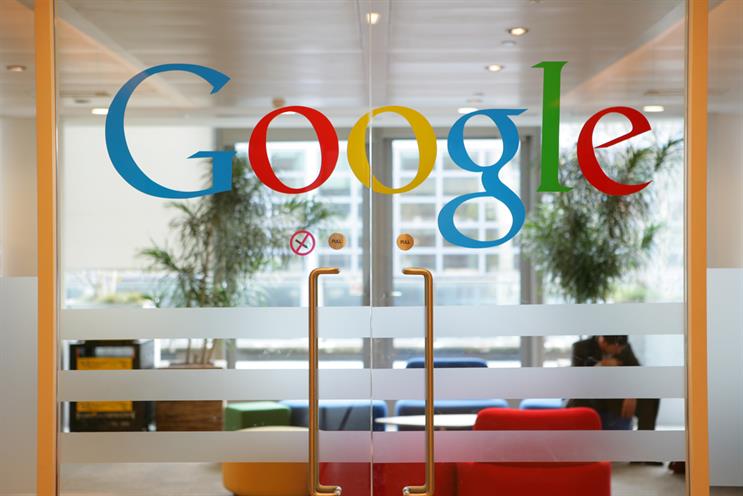
Having risen through the rankings, Google is now the largest global media owner in the world, based on revenues fromadvertising-related activities as tracked by ZenithOptimedia’s Top Thirty Global Media Owners 2013 report.
The last time the agency conducted this exercise in 2010, the search-engine giant was number two behind News Corporation. Now, it’s not just top dog, but well ahead at $10 billion more than the US satellite TV platform DirecTV.
Thus, you might surmise, the main narrative underpinning the figures will be about the continuing digital revolution and about new media supplanting the old – a notion that might gain added impetus when you consider that News Corp is currently in the process of splitting in two.
Recalibrating the figures here (the report uses revenues from 2011), 21st Century Fox would be in fourth place and the new News Corp would be in 12th. But, actually, the story is by no means straightforward.
Google aside, the top ten is pretty much as it was (in make-up if not in order) ten years ago – illustrating the staying power of media’s traditional behemoths.
It also underlines the resi-lience of the old order ingeographical and linguistic terms. For years now, growth stories have been dominated by the emergence of BRIC nations as major players at the top table.
Yet, the only BRIC entry here is Brazil’s Globo at number 17 – although Mexico’s Televisa also represents an "emerging" market.
Most of the companies above Globo are either US corporations or derive a significant chunk of their revenues from English-language content – the main exceptions being France’s Vivendi and Germany’s Bertelsmann. This is not necessarily a reflection of English as the dominant language, Jonathan Barnard, the head of forecasting at ZenithOptimedia and the author of this report,argues – adding it’s more todo with comparative business environments.
"The US is not only a large media market in its own right, it also has a culture that’s friendly to ambitious companies. It’s easier to build aninternational empire if you’re based in the US," he explains.
The table is also testament to the enduring power of TV. The companies majoring in TV have at least held their own, while cross-media corporations with exposure to newspapers and magazines – on- or offline – have slipped relatively. Before the dotcom era, for instance, Time Warner used to vie year in, year out with Bertelsmann at the top of this table. Now they are sixth and seventh.
So, who is likely to spring a surprise in the next survey? Facebook will likely figure near the top, Barnard says, confirming an ascendancy that should surprise no-one.
Russia’s state-controlled Channel One could be knocking on the door too, he adds. But the strongest debuts may well come from China – notably, the Baidu search engine.
Barnard concludes: "Previously, media ownership in China has been fragmented – but China is such a hugemarket these days that even a small fraction of it may besignificant in global terms.
"Beyond that, though, it’s hard to say – it’s difficult to imagine Chinese media companies investing abroad, for instance."

